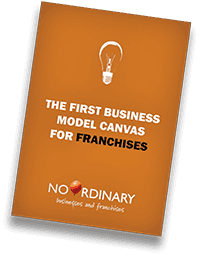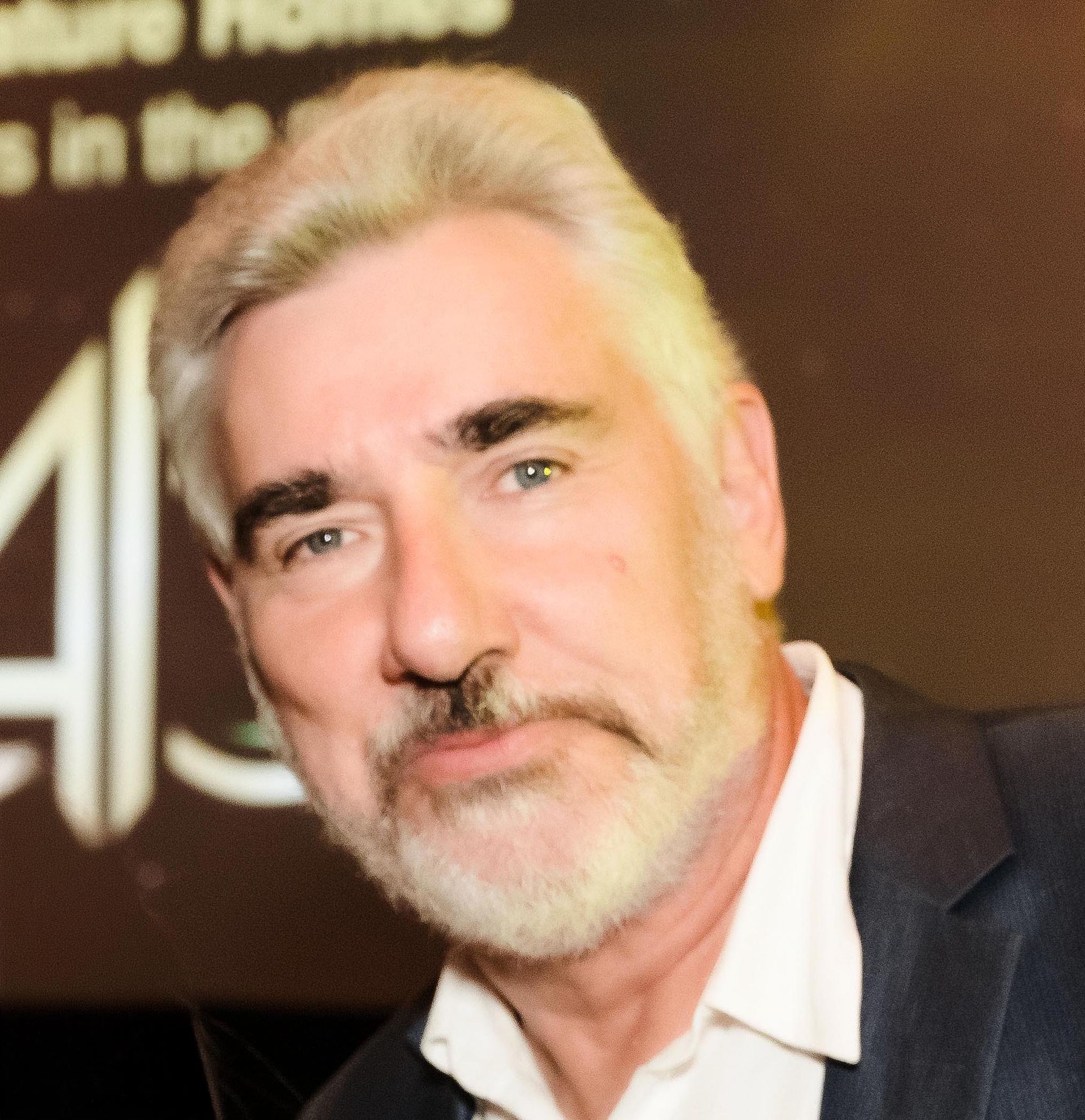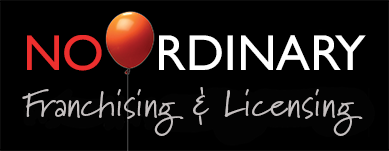They don’t have flash restaurants. They don’t advertise. They don’t make milkshakes. They don’t make anything with chicken in it. They don’t have a delivery service, even when the Pentagon requests it. They don’t even have drive-throughs.
What Five Guys Burgers and Fries does have is a reputation for the best burgers and fries anywhere, 570 stores throughout the United States and Canada, a cult following, and one of the most inspiring franchising stories around.
When Jerry Murrell and his sons – there are five of them – started franchising back in 2002, the family had just five restaurants in northern Virginia. Today, with 570 stores across the U.S. and Canada, 2009 sales of $483 million, and people lining up to buy franchises, Five Guys Burgers and Fries has become a franchise legend.
“I was dead set against franchising,” Murrell admitted in a recent Inc magazine interview. “I didn't think we'd be able to control the quality. That worried the heck out of me. They [his sons] pulled me into it kicking and screaming.”
At that point they had five stores in north Virginia. Now they are poised for world domination, with a new franchisee in California who just signed up for 400 stores.
What’s Five Guys’ secret? Quality, simplicity and people.
“We figure our best salesman is our customer,” Murrell says. “Treat that person right, he'll walk out the door and sell for you. From the beginning, I wanted people to know that we put all our money into the food. That's why the décor is so simple – red and white tiles. We don't spend our money on décor. Or on guys in chicken suits. But we'll go overboard on food.”
“We don't spend our money on décor. Or on guys in chicken suits. But we'll go overboard on food.”
Here’s how committed Murrell is to quality. He only buys potatoes for his fries which are grown north of the north of the 42nd parallel. That’s because they grow slower and more solid there, and he believes they make better fries. But that’s not where it stops. He doesn’t dehydrate and freeze his fries like the other fast food chains. He soaks them in water and then fries them twice to seal them and ensure they’re not greasy.
Smacks of Ray Krok’s five-year mission to develop the perfect fry, doesn’t it? Except that Murrell’s way isn’t Krok’s way. It’s the Five Guys way.
The original Five Guys restaurant had a sign: “If you're in a hurry, there are a lot of really good hamburger places within a short distance from here.” People thought Murrell was nuts. But his burgers take time to make. They’re made to order. His people toast the burger buns on a grill – a slower and less even way of toasting than using a bun toaster, but the toaster doesn’t give you that caramelised taste. You can choose from 17 toppings for your burger. That's why Five Guys doesn’t have drive-throughs. They can’t – their burgers take too long to make.
They don’t deliver, either. Jerry Murrell tells a story about a call he received in the early days from the Pentagon, which is located on the Virginia side of the Potomac River, not the Washington DC side.
“They said ‘We want 15 hamburgers. What time can you deliver?’ I said, ‘What time can you pick them up? We don't deliver.’ There was an admiral running the place. So he called me up personally and said, ‘Mr. Murrell, everyone delivers food to the Pentagon.’ Matt and I got a 22-foot-long banner that said ABSOLUTELY NO DELIVERY and hung it in front of our store. And then our business from the Pentagon picked up.”
Murrell says his original inspiration came from JW Marriott who said: “Anyone can make money in the food business as long as you have a good product, reasonable price, and a clean place.”
“Anyone can make money in the food business as long as you have a good product, reasonable price, and a clean place.”
Since he opened his first Five Guys store in 1987, he has stuck to this simple dictum, despite numerous temptations and the exhortations of his sons and advisors to extend the product range.
“When we first started, people asked for coffee,” he recalls. “We thought, ‘Why not?’ This was our first lesson in humility. We served coffee, but the problem was that the young kids working for us don't know anything about coffee. It was terrible! So we stopped serving coffee.”
The other secret to Murrell’s success is the way he looks after his people.
“A lot of companies put 3 percent of their revenue toward marketing or advertising,” he says. “We collect 1.5 percent from all our franchisees and give bonuses to the crews that score the highest on our weekly audits.”
Five Guys conducts two third-party audits in each and every store every week. There’s a mystery shopper, which rates the crews on bathroom cleanliness, courtesy, and food preparation. Then there’s the safety audit, where the inspectors identify themselves check all the kitchen equipment. The crews make around $8 or $9 an hour. If they get a good score, Fives Guys splits another $1,000 among the five or six people who make up each crew. In 2010, they paid out close to $8 million. This year, they expect the total payout to be as much as $12 million.
Overseeing the opening of about four new restaurants a week, Jerry Murrell and his sons are proof that flipping burgers doesn't have to be a dead-end job.
My name is Robin La Pere of No Ordinary Consultants and I have worked in the franchising industry for more than 20 years.
I love stories like Murrell's, don't you? If you'd like to build a franchise as hot as Five Guys Burgers and Fries, contact me
for a free Initial Consultation.
Related Articles
A major strength of franchising is that it’s based on tried and true business models. Trouble is, in this fast-changing business environment, what’s tried and true one year may be tired or irrelevant the next.
Not surprisingly, one out of three franchisors is concerned about the viability of their business model.
The 'Business Model Canvas' has emerged as a powerful tool for developing and updating business models. Recognising that franchise businesses differ in several ways from other business types, I have come up with a new version of the Business Model Canvas designed specifically for franchises.
Send me your email and I'll email you my e-book The Business Model Canvas for Franchisors:




